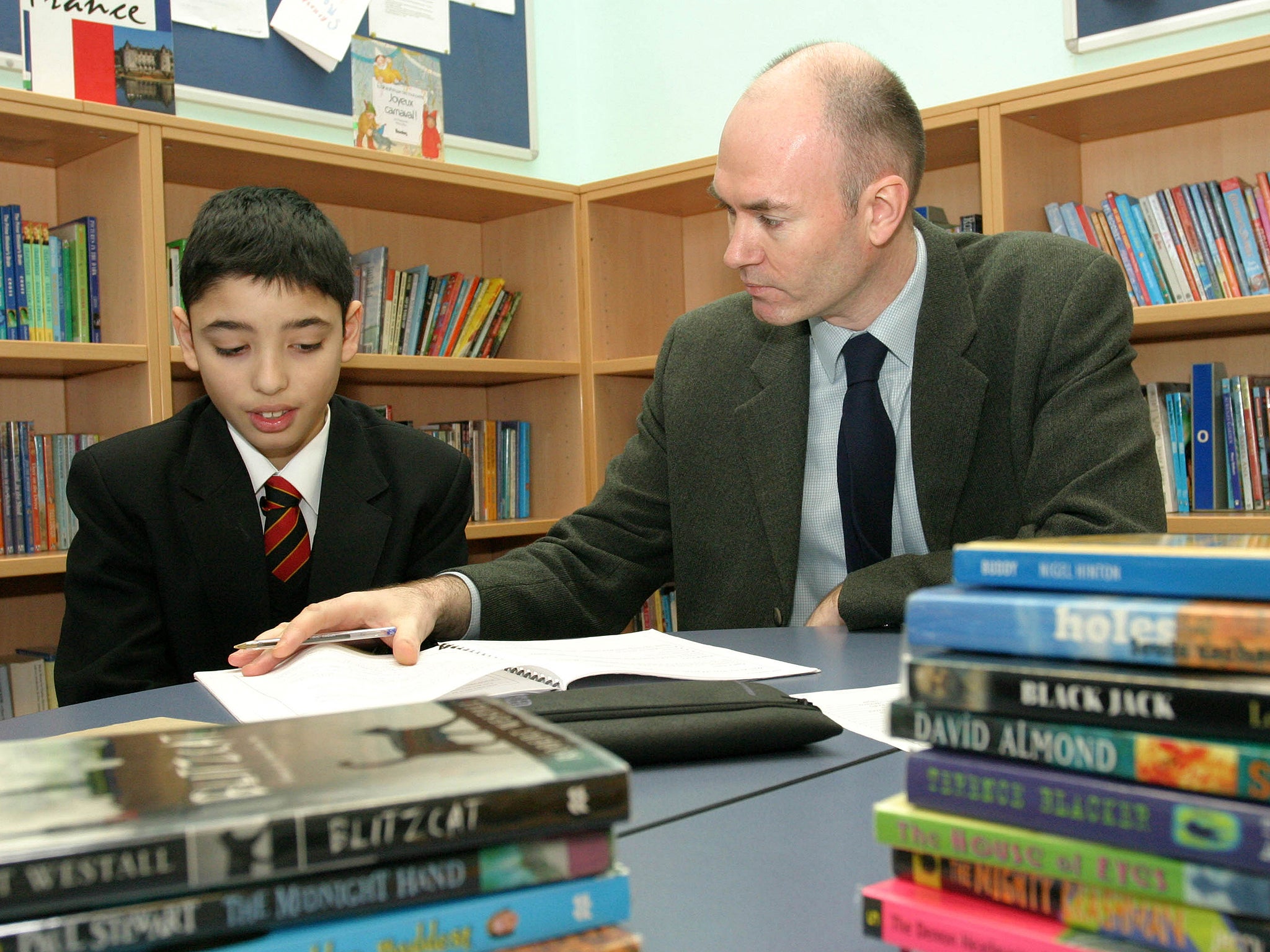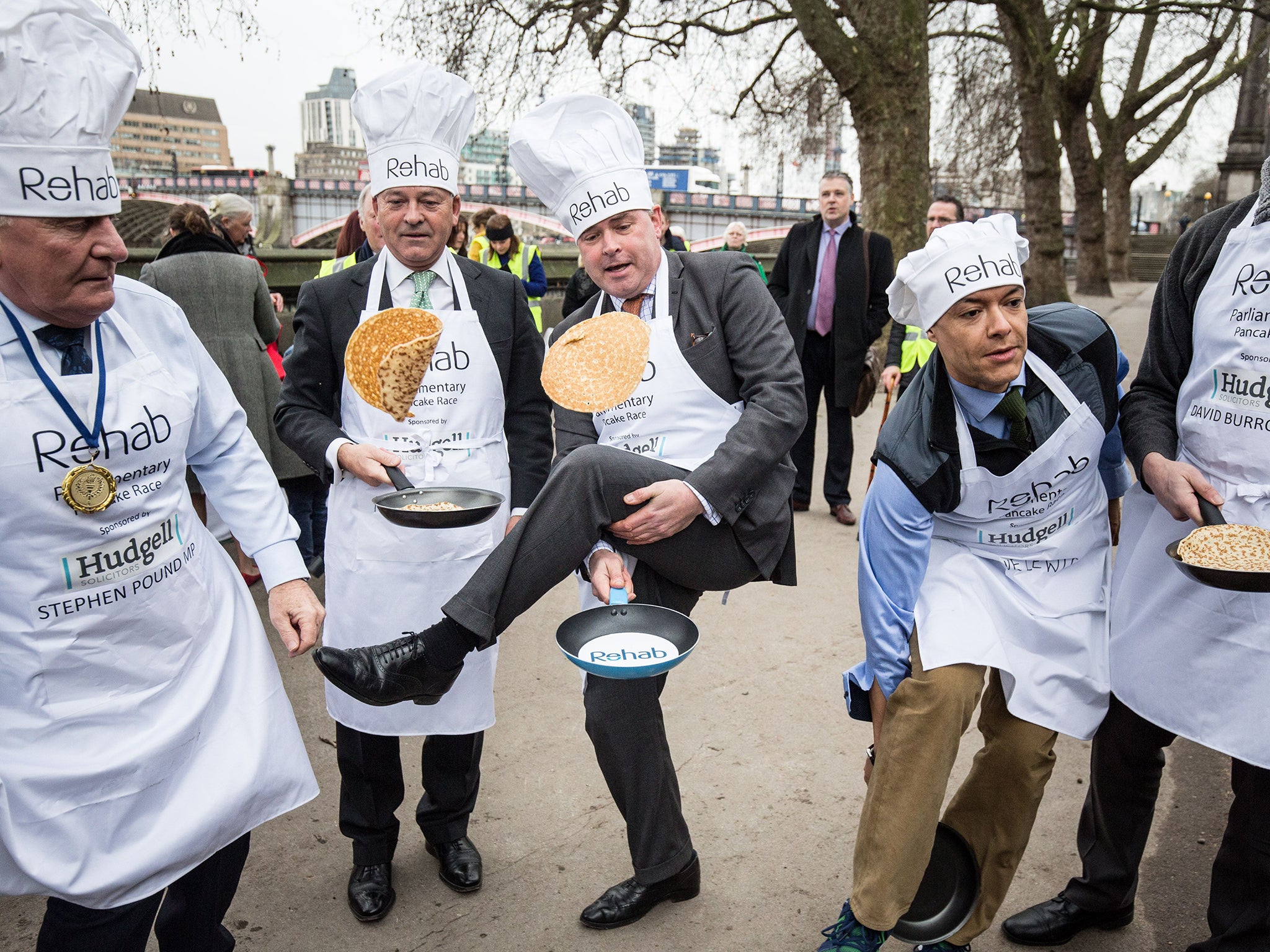Early assessments for young children could used by as a political tool to close down struggling schools
If teachers expect a struggling child to carry on doing badly, then this policy will have failed


It is the start of half-term week, which means the pressure is on to find things to do with a five-year-old in the cold days of February. But it also means a break from homework for a week, and I am glad. Does giving homework to children at key stage 1 help them with learning or make them resent school? I am dubious about this extra burden at such a young age, but I am going along with it for now – as long as it doesn’t upset my daughter. Yet, what about testing children of the same age?
The prospect of tearful children is being used by teaching unions to warn against the introduction of testing for four- and five-year-olds at the start of reception. The literacy and numeracy tests will be given to children in reception a few weeks into school from next September, at a time when most of them will still be struggling to find the peg with their name on it.
Dr Mary Bousted, of the ATL union, says that testing at four is too young. I used to agree with her, because if you call something a “test”, that does indeed put pressure on young pupils. But there is a different way to take this policy, and that is to call them what they are: baseline assessments, which could – if applied and dealt with properly – ensure that disadvantaged children from chaotic homes who get low scores aged four leave primary school with as many opportunities as those who achieved high scores. Assessing children throughout primary school can catch those who are behind before they have even started, and bring them level with those who are ahead.
The danger is that this early assessment regime could used by the Government as a political tool to close down struggling schools, rather than applied sensitively to genuinely help disadvantaged pupils thrive. It must also not be a device to condemn lower-achieving children to the limits of self-fulfilling prophecy. If teachers expect a struggling child to carry on doing badly, then this policy will have failed.
But the alternative is an enticing prospect. If a school can spot a struggling child at four, rather than at seven or nine, their life chances can be improved dramatically. It needs teachers to make this work, not boycott it over politics. It is all very well for parents of high-achieving pupils to fret about tests when it is not their children whose potential is being missed because they were not assessed from day one.

It’s all relative
Should we care if David Cameron’s mother signs a petition protesting against cuts? Or the daughter of Andrew Mitchell, the former Conservative chief whip, calls for her dad’s ex-cabinet colleague Jeremy Hunt to be sacked over his handling of the junior doctors strike? Just because they are relatives of politicians, rather than public figures in their own right, do we need to hear their views? The answer is yes. No MP is an island: he or she cannot be seen in isolation but in the context of their loved ones. In any case, for it to have got to the point at which the relatives of Conservative MPs are complaining about Conservative policies, it might be time for a rethink.
Liverpool united
You can call me biased, of course, but it was not surprising that the backlash against soaring football tickets was most potent at Anfield, where 10,000 Liverpool fans walked out on the 77th minute in protest at the £77 price. Liverpudlians are often derided for being too emotional, too histrionic – but at moments like this it takes a groundswell of emotion, rather than calm, cool heads, to change minds. I know other clubs’ supporters are angry at rising ticket prices but I don’t think it is a coincidence that the most strident backlash was led by Scousers. The mass walkout led to a climbdown by the club. The most powerful message from LFC fans was the slogan “We are supporters not customers” – something which all league clubs are at risk of forgetting. Boris Johnson may have said we Liverpudlians “wallow in grief” but we should be proud of our inability to hide emotion.
Don’t stand so close to me
It was breathe-in time at the Royal Academy of Arts last week when I went to see the exhibition Painting the Modern Garden: Monet to Matisse. This is a blockbuster show, running for three months, showing the relationship between gardening and art. I loved discovering that the friendly rivalry between painters such as Monet and Pissarro went deeper than their brushstrokes – they had different approaches to horticulture that still divide gardeners today: Monet, of course, was obsessed with his irises and water lilies at Giverny, while Pissarro saw the greater beauty in fruit and vegetables, which led contemporary critics to describe him as an “impressionist market gardener specialising in cabbages”. Anyway, the academy should have known how popular this exhibition would be. Yet they clearly sold too many tickets for each time slot, meaning that, at 11am on Thursday – on what should have been a quiet day outside of school holidays – the crowd in front of each painting was seven-deep. Viewing some of the most prized paintings in the world as though they were adverts on a busy rush-hour Tube train is the least pleasant way to enjoy art.
MPs didn’t give a toss
On Shrove Tuesday, I competed in the Parliamentary Pancake Race, the annual toss-and-run contest between MPs, peers and journalists in aid of the charity Rehab. While it is for a good cause, it doesn’t stop a fierce competitiveness between runners. The media team, defending the title, came second behind the MPs, led by Labour’s Stephen Pound and featuring an incredibly fast Clive Lewis, Jeremy Corbyn’s ally; while members of the upper chamber came last. Congratulations to the MPs, then, although I wonder whether next year they might toss their pancakes, as we hacks did, rather than merely sprinting round the course.
Join our commenting forum
Join thought-provoking conversations, follow other Independent readers and see their replies
Comments